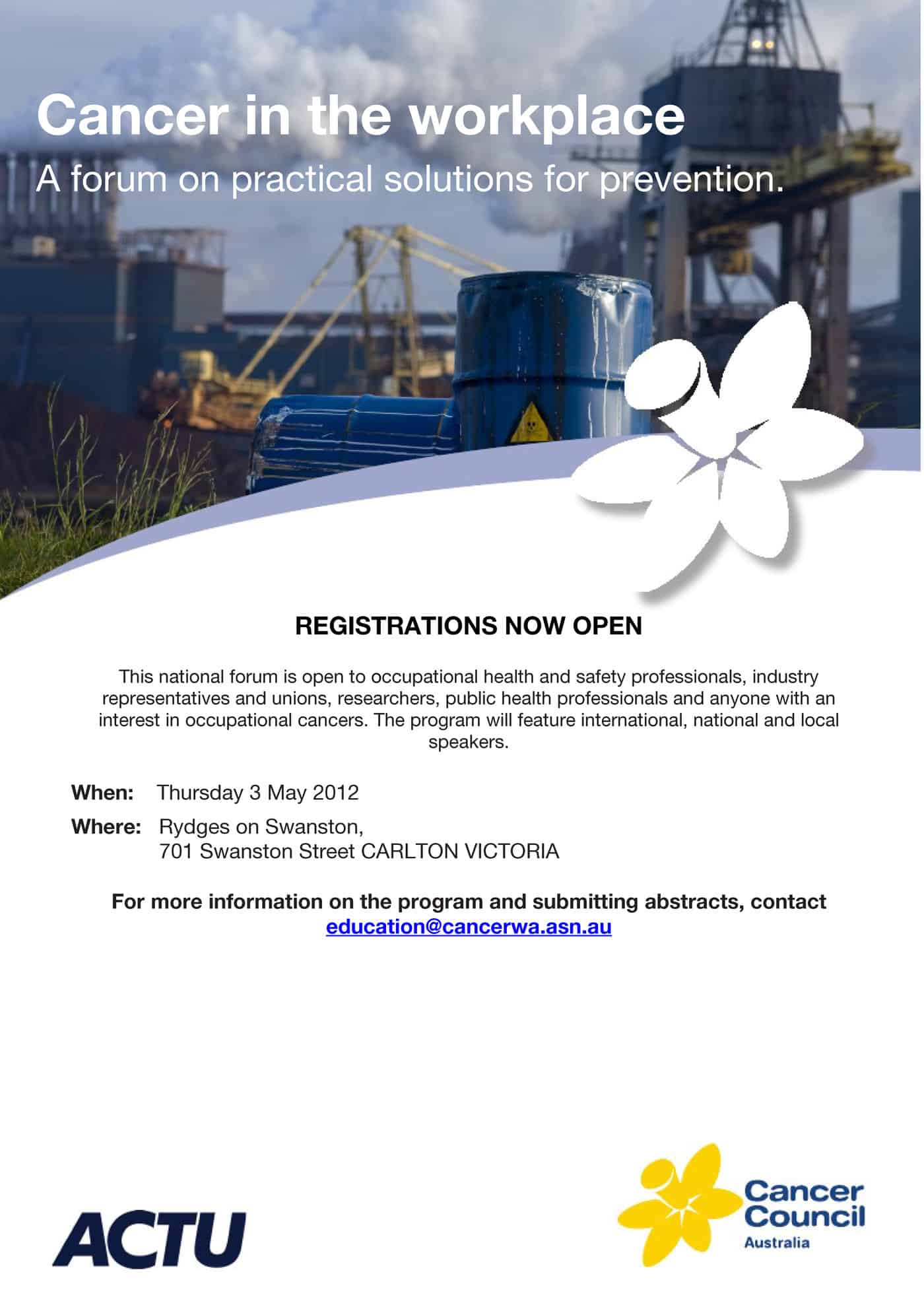Articles and reports about decent work, dignity at work and mental health issues are increasingly appearing on my desktop. Perhaps this indicates a convergence of perspectives to a better understanding of the human imperative in the modern workplace. It may be a realisation of where and how work fits the human condition.
On May 1 2012, the Australian Catholic Social Justice Council (ACSJC) issued a pastoral letter on the “Dignity of Work“. This came across my desk around the same time as I was looking at values-based safety. The parallels between dignity and values-based safety were obvious.
Continue reading “Workplace safety and the human condition”


